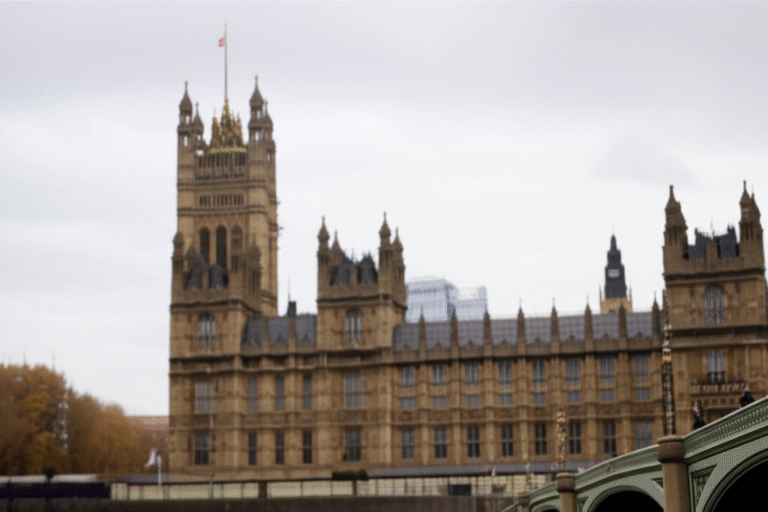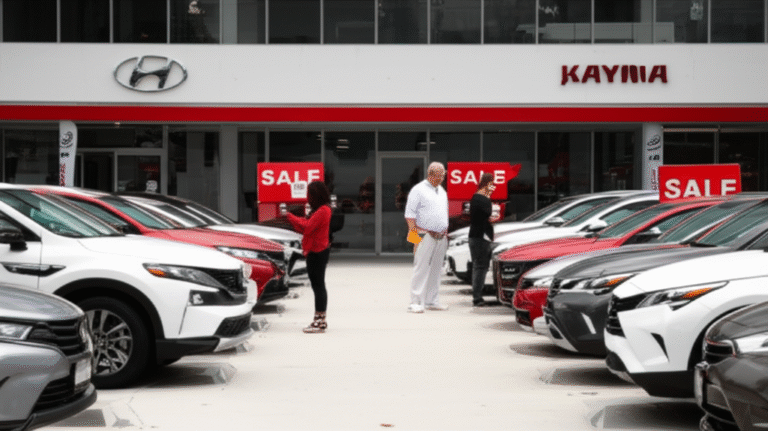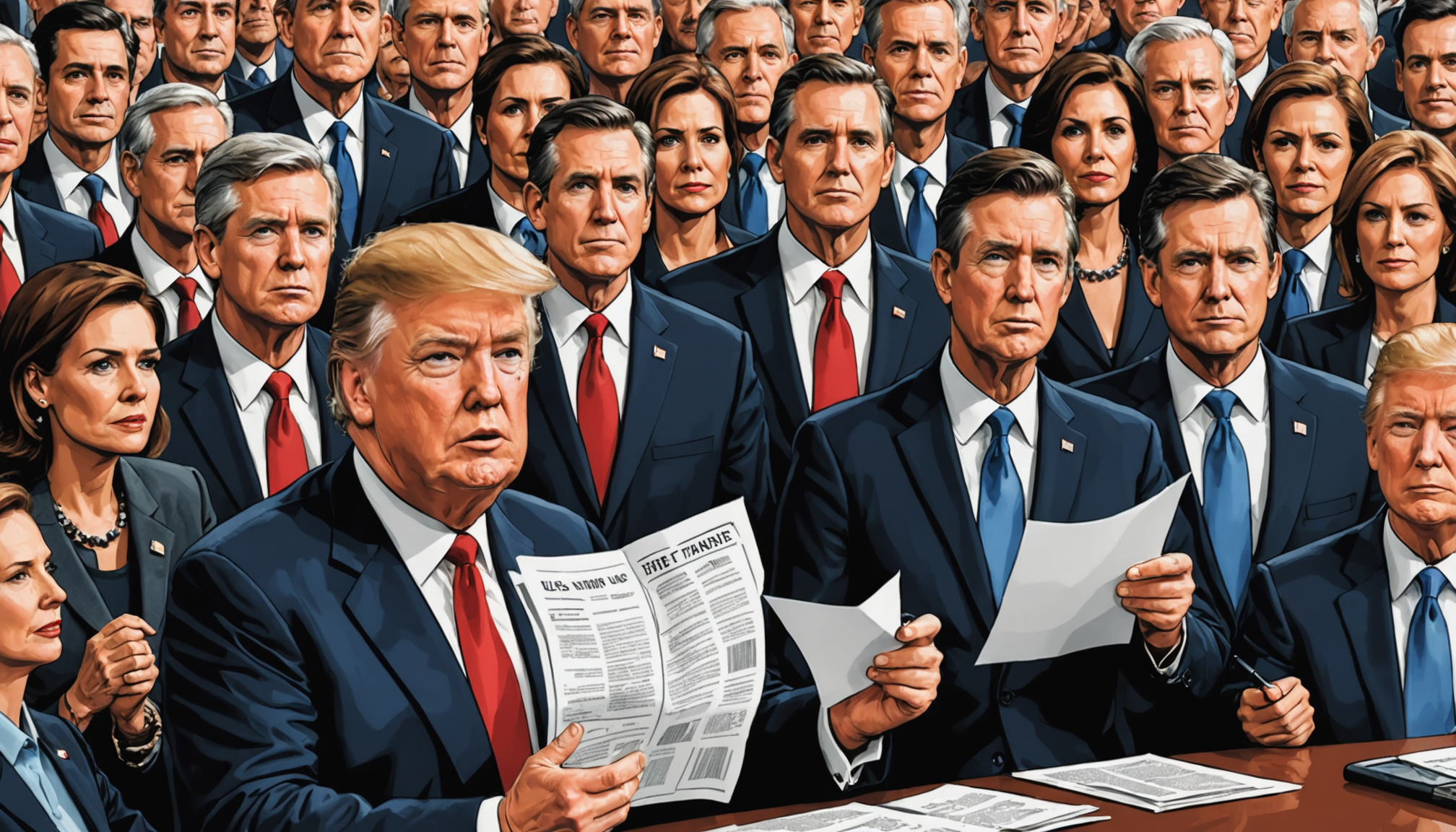
The impact of Trump’s tariffs is being felt across US companies, particularly those in sectors directly affected by the trade wars. Increased costs associated with these tariffs are forcing many businesses to re-evaluate their hiring practices, resulting in a noticeable slowdown of job creation. This economic consequence of the tariffs extends beyond simply reduced hiring; many businesses are implementing job cuts to navigate the challenges imposed by the increased costs. The US hiring slowdown amidst Trump’s tariffs is a significant development with far-reaching effects on the economy. This widespread reduction in hiring underscores the substantial financial strain placed on businesses grappling with the repercussions of the trade wars.

Impact on Businesses
The US hiring slowdown is not isolated to a few industries, but rather a broad effect stemming from the cumulative weight of increased costs due to tariffs. The tariffs, originally intended to achieve specific economic goals, have triggered a chain reaction throughout the US economy. Businesses across numerous sectors are experiencing diminished profit margins, and thus, are responding by adjusting their workforce size. The widespread adoption of reduced hiring and job cuts points towards a systematic trend affecting the US job market. This decrease in hiring demonstrates a direct relationship between escalating costs stemming from tariffs and business decisions regarding workforce expansion or contraction. The consequences of the tariffs are evidently disrupting the usual hiring patterns, leading to widespread adjustments in hiring across industries.
Job Cuts and Economic Consequences
The shift towards job cuts demonstrates the growing severity of the situation for many US companies. The increase in costs directly attributed to the tariffs is no longer manageable through internal cost-cutting measures. Many companies are now forced to reduce their workforce to stay financially afloat in the face of diminished revenues caused by trade wars. This wave of job cuts represents a tangible economic consequence of the tariffs, extending beyond the initial impact on specific industries. The situation underscores the substantial impact on businesses, forcing strategic decisions with significant implications for employment across the US.
The far-reaching consequences are affecting not only large corporations but also smaller businesses. The cascading economic effects of the tariffs are causing a ripple effect, impacting industries that may not have direct involvement in the trade disputes. This illustrates the interconnectedness of the US economy and how external economic factors can propagate through various sectors. The indirect impact on numerous companies highlights a systematic vulnerability in the current economic climate, made evident by widespread adjustments in hiring practices.
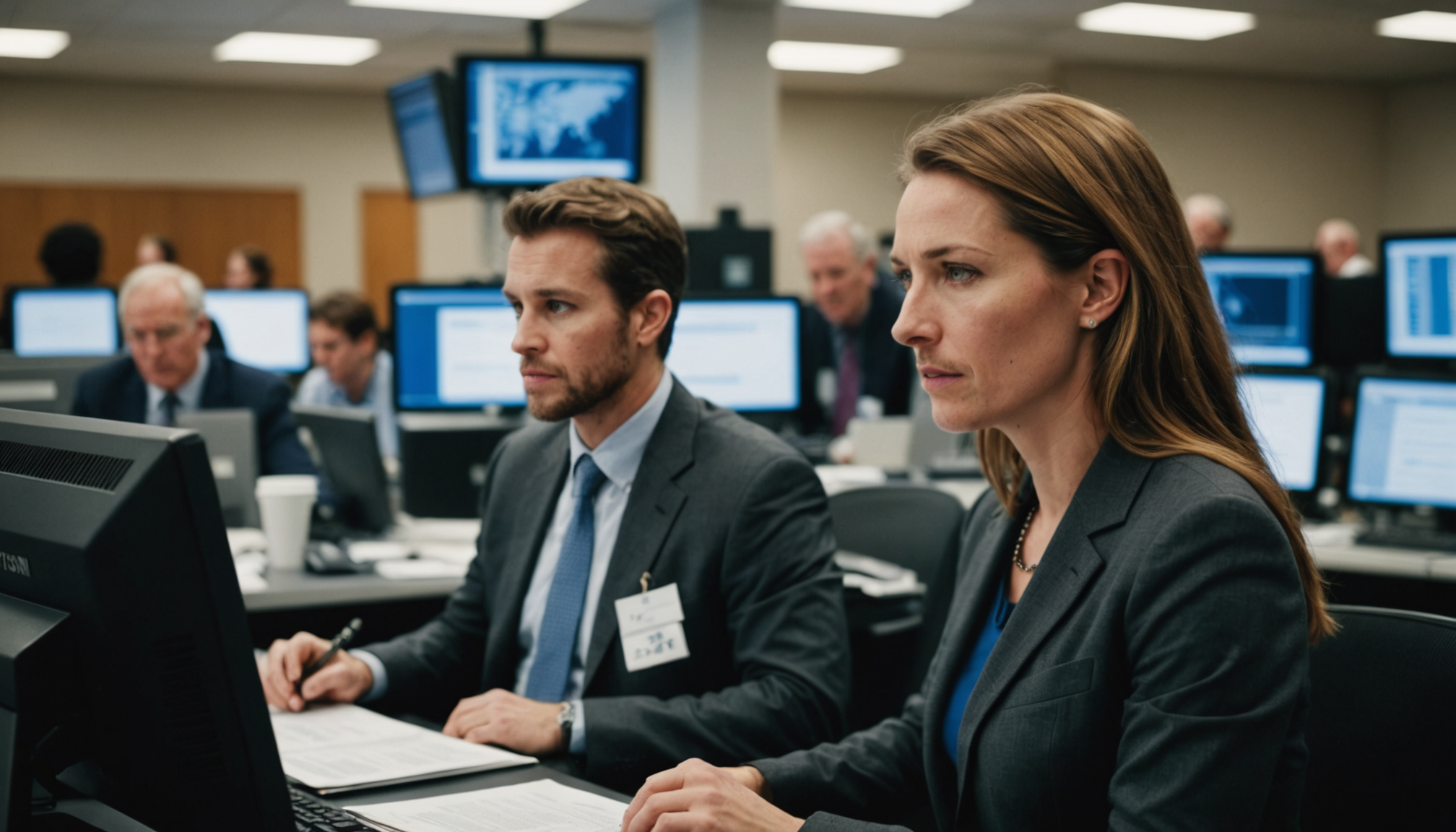
Background
The increased costs caused by Trump’s tariffs are the primary driver of the slowdown in US hiring. This is a direct result of trade disputes and their cascading effects on various sectors. Businesses are responding to this increased cost burden by slowing hiring or even enacting job cuts to mitigate the economic strain. The tariffs have become a significant factor affecting business strategies and workforce decisions across the US. Companies across numerous sectors are reviewing their staffing levels in light of the additional expense created by the tariffs. This shows the direct correlation between tariffs and subsequent employment alterations across the US economy.
What’s next
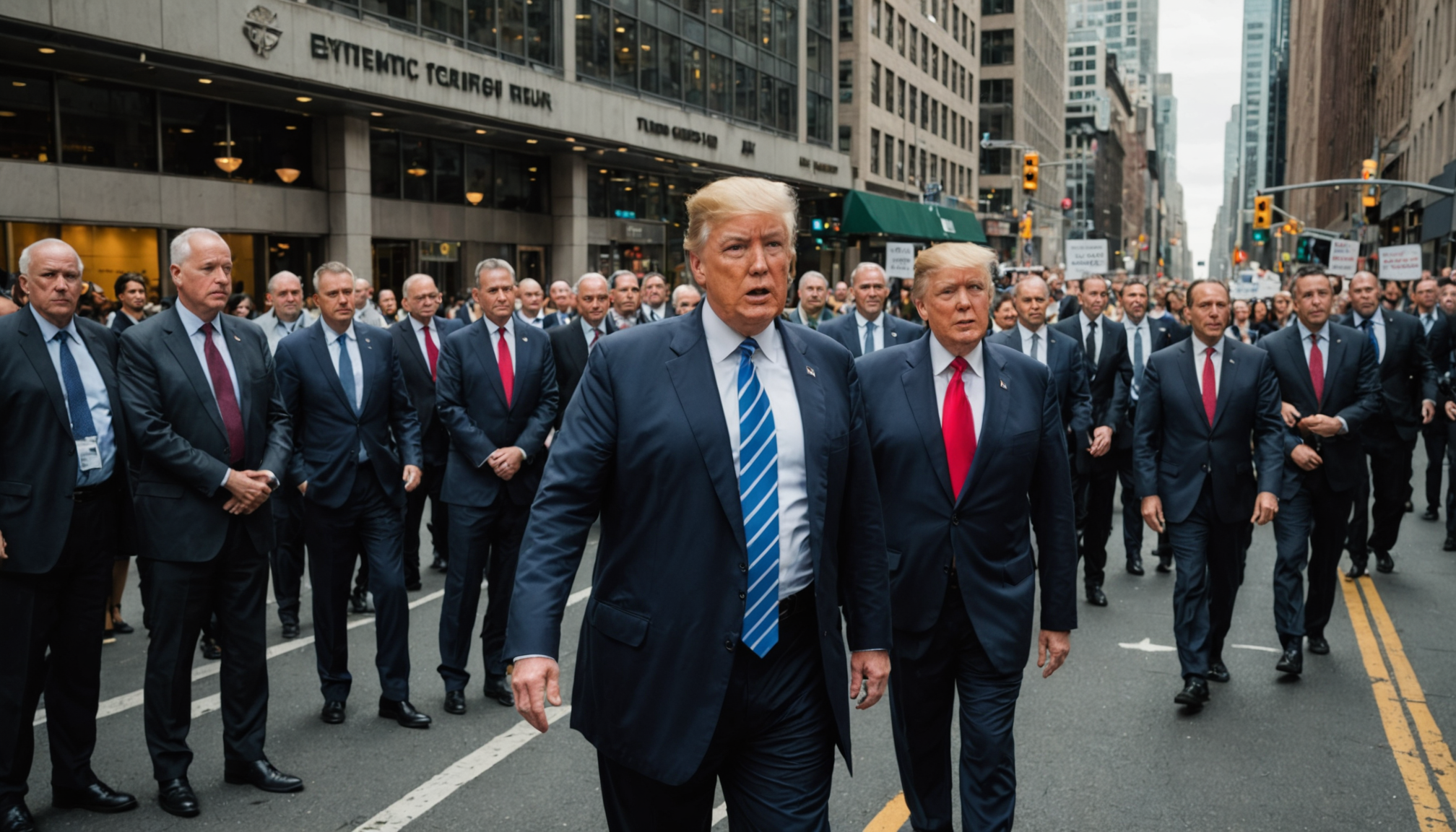
The future of hiring in the US remains uncertain as long as the increased costs from tariffs persist. Companies will likely continue to adjust their hiring strategies based on their ability to absorb these added costs. The uncertainty surrounding the overall economic climate will also affect decisions about workforce size and job creation across various sectors. The long-term effects of these tariffs on employment in the United States are uncertain, but the current economic outlook, heavily influenced by the tariffs, presents significant challenges for companies across the board.
- US companies are reducing hiring due to increased costs from trade wars.
- The hiring slowdown extends to job cuts in many companies.
- Increased costs from tariffs are the main cause of the hiring slowdown.
- The long-term effects of the tariffs on US employment are uncertain.
[Source](https://www.ft.com/content/35848bf7-16e1-4036-bacf-629af9d19469)

